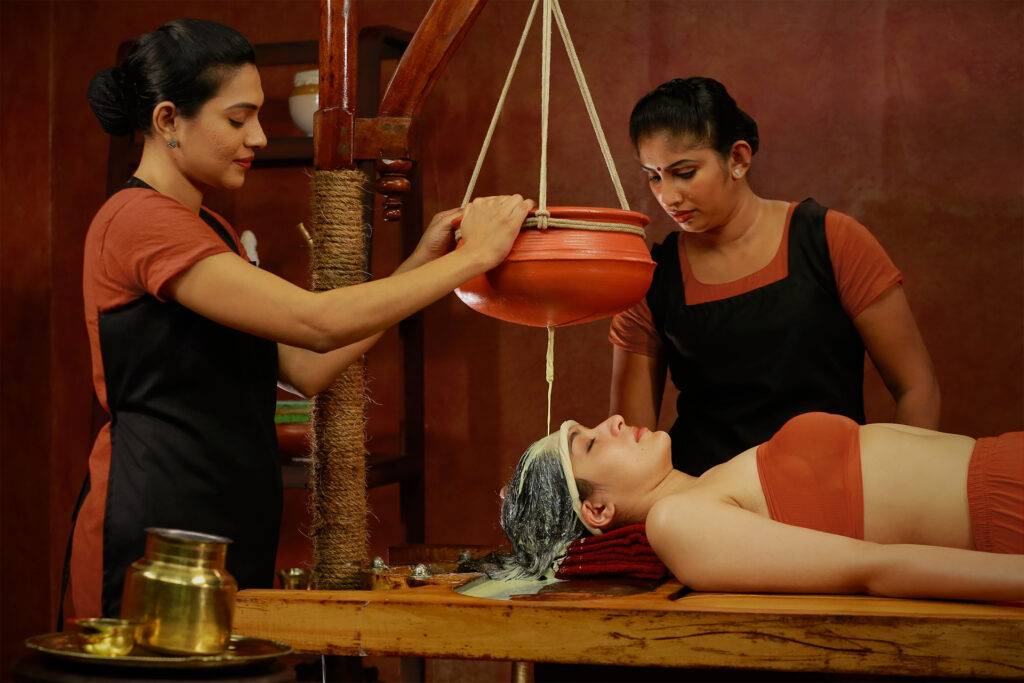Cancer has become increasingly the cause of death worldwide; owing to the fact that our lifestyles have changed drastically. One in six deaths roughly is due to this carcinogenic disease, according to the World Health Organisation. This has given cancer the title of being “The deadliest disease of the century”.
While many types of cancer can be treated if detected in the earlier stages, many are only found out in later stages making it difficult to treat comprehensively. And the type of cancer adds to the problem, not to forget that if it has spread, it cannot be reversed or operated upon successfully. Therein comes the treatment process of radiation and chemotherapy which is lengthy but continues to show a high success rate. Although it comes with its own pitfalls, a series of side-effects such as nausea, pain, loss of appetite etc.
Palliative care
After chemotherapies or surgeries for cancer, every patient needs post-op and recuperative care. Besides this, there is care that is given as this disease is chronic by nature and has to be monitored while also giving the patient plenty of rest and comfort. The symptoms themselves are full of suffering as is the post care. Palliative care is necessary to ease the pain and improve the quality of life and create comfort for the patients and their families. And this is most significant for people who are in advanced stages of cancer with little or no chance of a complete cure.
Within these boundaries step the oldest science in the world, Ayurveda. There are infinite possibilities with this ancient structure of medication integrated with the holistic way of life. There is no single way of using this system, and actually this is a combination of various methods and techniques to find relief. Although it hasn’t been backed up by research as much as it should have been, ayurvedic herbal cancer cure has definitely gotten the due acknowledgment from medical facilities world-over that it can do wonders for palliative care.
Let’s break this down
What is Ayurveda?

Ayur stands for life and Veda for knowledge. Simply put, knowledge of life. Ayurveda has a belief system that health issues arise from various different aspects of the way a human lives. Humans are a perfect balance of mind, body and spirit and if one is out of harmony with each other, it is bound to show up somewhere; be it in the form of a physical, mental or emotional imbalance.
Ayurvedic professionals believe that we are made up of three basic fundamentals which are called doshas in our body
- Vata – Air and Space.
- Pitta – Fire and Water.
- Kapha – Water and Earth.
If these three doshas work together harmoniously, all is well in paradise but if one is out of tandem, it can and it does wreak havoc with our organs and ultimately, health. Most diseases stem from this imbalance. Although it can be reiterated that Ayurveda cannot change the course of the disease or how much it has spread, it can safely be assumed that it does offer excellent palliative care with the various therapies that soothe the mind, body and spirit.
Why Ayurveda?
The larger issue with a cancer patient in later stages is to have better physical and mental conditions to be able to deal with it as well as spend time with people that matter. Ayurvedic cancer therapies enhance the coping mechanisms to deal with the disease and its subsequent medication and radiation or post op problems. That being said, medical research has seen the effects of plant medicine on cancer and are now looking into it and researching it to understand whether it can be of use in the reversal, prevention or cure of this deadly disease.
Ayurveda is not only plant-based medicine though. It is a whole lot more; it is a way of life. Altering lifestyles to suit the patient’s doshas and including different therapies to please all the five senses and keep the hormones balanced is what ayurvedic practitioners aspire to do.
Since Ayurveda is an age-old Hindu philosophy and science, it looks at the root causes of the type of cancer and finds connections to emotional well-being and relationships to nature and personality type and connects the dots. It is fascinating how all this does make a difference.
More on Ayurveda:
There are many different types of therapies in Ayurveda, the most popular one being Panchakarma. This is a detoxification process that is used widely by people in India. Cancer patients like to use Complementary and Alternative Medicine (CAM) for a better chance at life and panchakarma is at the core of all the therapies.
Panchakarma stands for five kinds of detoxification.
- Vamana – emesis from the mouth.
- Virechana – purging from the mouth.
- Vasti – enema.
- Nasya – cleansing through the nasal passage.
- Rakta Moksha – blood cleansing and purification.
Keeping the main goal in mind, let us further categorise ayurvedic functions that help get the desired results.
- Prakritisthapani chikitsa (health care)
- Rasayana chikitsa, (rehabilitation of natural activities)
- Roganashani chikitsa (remedial treatment of disease)
- Naishthiki chikitsa (spiritual path)
Generally, the herbal decoctions prescribed in Ayurveda consist of numerous herbs with great possibility for a cancer cure although that hasn’t been proven with certainty yet. These scientific formulations affect different organs separately and keep the body sustained by promoting the body’s systems that submit to these herbs.
Additionally….
Besides herbs and panchakarma, there are a plethora of alternative therapies that Ayurveda prescribes and vouches for. History has proven that yoga is the answer to many ailments and also for general well-being and has made a mark for itself the world over. It has a special mention in the daily routine of most patients that have the physical ability and stamina to practice it, entirely because of the relief and comfort it can bring besides making mobility easy too. There is meditation, music therapy, massages, nutrition in terms of a plant-based diet known as sattvic food as the add-ons to aid this method of alternative medicine.
Way of life
The magic of the ancient Ayurveda is that the path is the goal and the goal is the path.
Deepak Chopra


